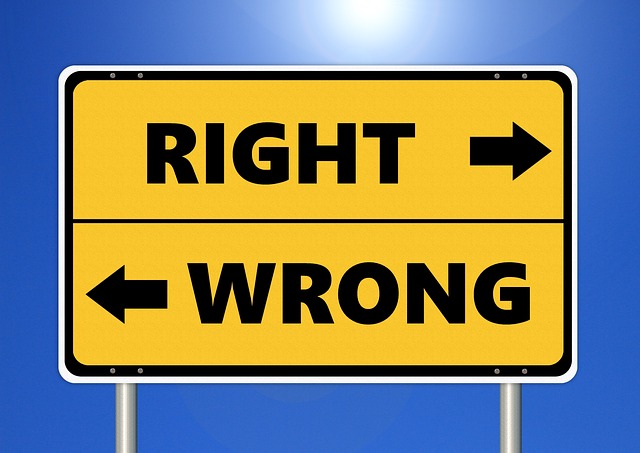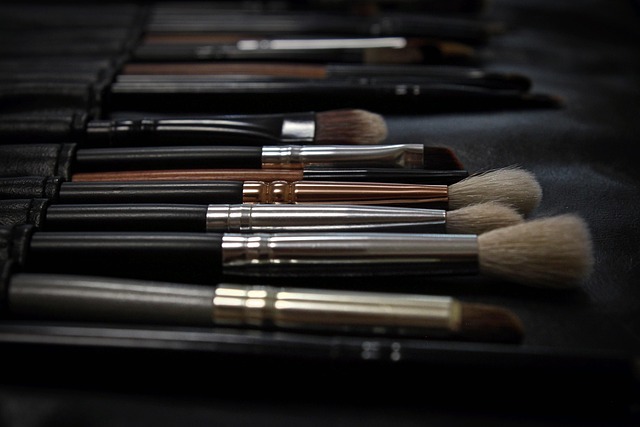Transforming Fashion: The Rise of Ethical Clothing
In recent years, the fashion industry has experienced a remarkable shift towards ethical practices. As consumers become more conscious about the impact their purchasing choices have on the environment and society, the concept of ethical fashion has gained significant traction. This growing movement is not just a trend; it’s a transformation that reverberates throughout the industry, creating a more sustainable and responsible approach to clothing production.
But what exactly is ethical fashion? At its core, it encompasses a wide range of values and practices aimed at promoting sustainability, fair labor, and animal welfare. From eco-friendly materials to fair wages for workers, ethical fashion is about more than just looking good; it’s about feeling good about what you wear.
As we navigate this transition, it’s essential to understand why embracing ethical fashion is so important. The traditional fast fashion model has led to significant environmental degradation, exploiting workers in developing countries and contributing to a throwaway culture that clogs our landfills. In stark contrast, ethical fashion encourages mindful consumption, emphasizing quality over quantity and promoting a deeper connection with the garments we choose to wear.
Consumers are increasingly becoming advocates for change, demanding transparency from brands about their sourcing and manufacturing processes. This shift in mindset means that designers and retailers are forced to reconsider their business models, leading to innovative solutions that prioritize people and the planet. Today, we see the emergence of companies that celebrate ethical practices—from utilizing organic cotton to embracing recycling techniques and supporting local artisans.
The rise of social media has played an instrumental role in this movement, allowing voices advocating for ethical issues to gain visibility. It’s easier than ever for consumers to research brands, share their experiences, and support those that align with their values. This interconnectedness amplifies the message that fashion can be both stylish and ethical, inspiring individuals to make informed choices that reflect their beliefs.
Moreover, ethical fashion is not solely limited to clothing; it extends to accessories, footwear, and even beauty products. It’s about creating a lifestyle that honors conscious decision-making, encouraging us to invest in pieces that are timeless rather than fleeting. This approach can lead to a wardrobe filled with versatile, high-quality items that withstand the test of time, reducing the overall demand for new clothing.
For individuals looking to make a difference through their fashion choices, there are many ways to get involved. Exploring second-hand shops, supporting local designers, or even participating in clothing swaps are just a few ways to champion the ethical fashion cause. Additionally, many brands offer transparency in their production methods, allowing consumers to connect with the stories behind the products they purchase.
As the movement toward ethical fashion continues to grow, it signals a promising future for both the industry and its consumers. We have the power to drive change through our purchasing habits, creating a more sustainable world, one outfit at a time. Let’s continue to advocate for practices that prioritize ethics, sustainability, and creativity, ensuring that the future of fashion is bright and responsible.




